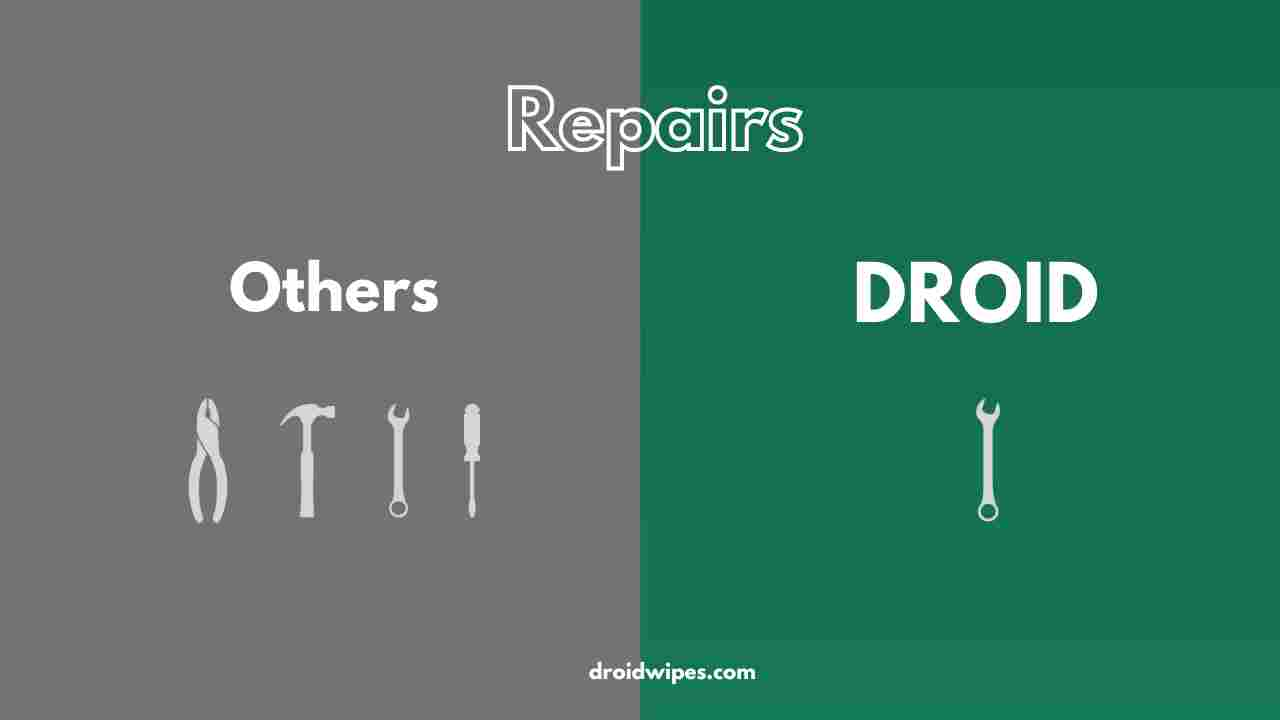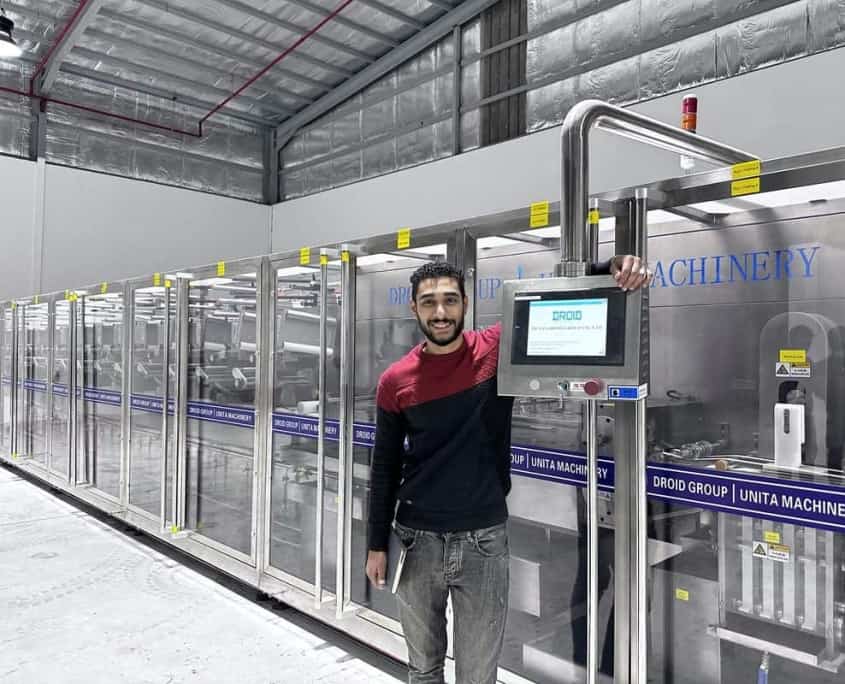Step 1: Familiarize Yourself with the Wet Wipes Machine
Before using the wet wipes machine, it is necessary to become familiar with its various parts and functions. Wet wipes machines generally include the unwinding unit, the cutting unit, the folding unit, and the packaging unit. Understanding how each component contributes to the overall production process will allow you to operate the machine more easily.
Step 2: Prepare the Raw Materials
To produce wet wipes, the raw materials must be prepared. Non-woven fabric and the solution or formula used to saturate the tissues are the primary raw materials for wet wipes production. Depending on the type of wet wipes you produce, you may need to trim the non-woven fabric to the appropriate size or shape. Additionally, you must prepare the solution or formula used to moisten the wet wipes. Ensure that you have all the necessary basic materials before beginning production.
Step 3: Load the Raw Materials into the Machine
After preparing the raw materials, they can be loaded into the wet wipes machine. The loading procedure may vary based on the model of the machine being utilized. Some machines must be loaded manually, while others have automated loading systems. To avoid damaging the machine, be sure to insert the materials according to the instructions provided by the machine’s manufacturer.
Step 4: Set the Machine Settings
After inserting the raw materials, the machine parameters must then be adjusted. This step is critical because it determines the quality of the wet wipes that you manufacture. The machine settings that must be done are adjusting the speed of the machine, the temperature of the solution, and the pressure of the rollers. Ensure you configure the machine according to the manufacturer’s instructions to meet your expected results.
Step 5: Start the Machine
After configuring the machine’s settings, you can begin operation. The machine will mechanically produce wet wipes based on the selected settings. Ensure that the machine is operating correctly and producing high-quality wet wipes by observing it periodically.
Step 6: Inspect the Wipes
After the machine has produced a stack of wet wipes, they must be inspected for quality control. Examine the wet wipes for any flaws or impurities, and discard any that do not satisfy your quality standards. Quality control is essential because it guarantees that your clients obtain high-quality products that match or surpass their expectations.
Step 7: Package the Wipes
Packaging is the final stage in the manufacturing of wet wipes. Packaging is important because it keeps the wet wipes from infection and makes them simple to use. Depending on the sort of wet wipes you’re making, the packing may differ. It could be in the form of a plastic bag, a box, or individual packages. Make sure the packaging is properly sealed and labeled with all required information, such as the expiration date, batch number, and ingredients.
Tips for Operating a Wet Wipes Machine
Here are some tips to help you operate a wet wipes machine efficiently:
Tips 1: Follow the Manufacturer’s Instructions
It is critical to thoroughly study and follow the manufacturer’s instructions before running the wet wipes machine to ensure that it is used securely and effectively. This contains setup, operation, maintenance, and repair instructions. It is also critical to ensure that every employee who runs the equipment is properly taught and constantly follows the instructions provided by the manufacturer.
Tips 2: Monitor the Machine Closely
Keep your eye on the wet wipes machine while it is in use to ensure that it is working properly and creating high-quality products. Examine the products for any indications of failure or flaws.
Tips 3: Maintain the Machine Regularly
Regular maintenance is required to keep the wet tissues machine operating smoothly. Follow the manufacturer’s care guidelines and plan frequent inspections and cleaning. This involves lubricating movable parts on a frequent basis, inspecting electrical connections, and cleaning filters and other components. It is also critical to maintaining full records of all repair operations, including the date of service, the sort of service done, and the technician’s identity. Businesses can ensure that their wet wipes machine is working securely, effectively, and consistently by following these best practices.
Tips 4: Train Your Employees
Ensure that all employees who run the wet wipes machine have received appropriate training and have a comprehensive knowledge of the machine’s function and safety procedures. Employees can also benefit from proper instruction in terms of understanding how to keep and fix the equipment. This information can help avoid malfunctions and interruptions, reducing production expenses in the long run.
It is also critical to provide instruction training on a regular basis to ensure that employees stay up to date on the newest processes and safety practices.
Tips 5: Keep the Production Area Clean
Keep the production area tidy and clean to reduce the risk of infection and to ensure that the wet wipes are made in a sanitary environment.
To keep a clean and orderly production area, a strong cleansing and hygiene program must be established. Employees should use suitable personal safety equipment (PPE) and sanitize and decontaminate equipment, surfaces, and walkways on a frequent basis as part of this program.





